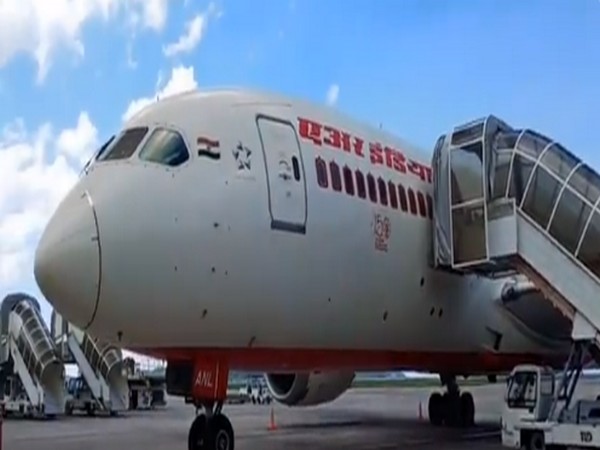
For the bidders, the difficult part lies in running Air India

After several failed attempts to sell Air India, the central government has finally managed to shortlist two bidders who will now have access to key details about the airline for due diligence before placing their final bids.
According to the Union minister of State for Civil Aviation, Hardeep Singh Puri, the entire process will be closed within the next two months and then the winner will be announced. He also added that either the airline will be privatised or shut down.
It is something that the minister has reiterated several times but nevertheless, his declaration assumes some significance now as it clearly shows that there is a possibility of selling the airline even if the highest bid falls short of the government’s expectations.
The two shortlisted bidders are Spicejet and Tata Sons, both of whom come with their own set of influence on the table. Spicejet’s CEO Ajay Singh is considered close to the government while Tata Sons already operate two airlines in the country. Ajay Singh is learnt to have joined hands with Ras Al Khaimah Investment Authority and Ankur Bhatia of the Bird Group to jointly bid for 100 per cent of the airline. Bird Group has businesses across travel, tourism, aviation services and the retail sector.
Spicejet’s bid came as a surprise to industry watchers as the airline itself isn’t faring too well, having incurred losses of around ₹57 crore during the third-quarter results. While Singh is learnt to have the government’s support, analysts have always wondered how Spicejet has been able to sustain its operations as it neither commands a good market share nor is it cash-rich. Even if the airline manages to win the bid, it remains to be seen whether it will be able to raise enough funds to buy the airline. Hence, many see it as an audacious move by the airline’s CEO Ajay Singh to bid for Air India.
In the case of Tata Sons, however, there is a good chance that the group will be able to raise funds if it happens to win the bid, primarily because of its assets and it owning a diversified set of companies, including the ever-viable IT giant TCS. What remains to be answered is how the airline’s operations will be sustained as it needs a regular infusion of funds for several years before it starts making profits.
With Vistara and AirAsia India posting losses year after year, wouldn’t it be prudent to strengthen the operations of these airlines by investing in them rather than investing in an airline that comes with its own set of headaches? But Tata Sons obviously doesn’t believe so. As of now, it remains a bit of a conundrum on how it will integrate the operation of all three airlines as each of them are positioned differently. Vistara is a premium service airline whose network is limited to a certain number of cities while AirAsia India in spite of being a low-cost airline has not expanded aggressively as it was supposed to.
Add Air India to the portfolio with about 10,000 employees on its rolls, and Tata Sons will need a near miracle to turnaround the airline.
Valuation:
The government expects to fetch about ₹15,000 crore from the sale of Air India, its subsidiary Air India Express and AISATS, a 50:50 joint venture between Air India and Singapore Airport Terminal Services Ltd. The last two will be sold separately.
According to sources, the bidders are attributing zero value to the equity of the airline, its final reserve price will be arrived at after the financial bids are received. Nor are the bidders placing a value on the bilateral rights and airport slots. If one takes into consideration the aircraft which the airline has in its fleet, especially the wide-bodied Boeing 787, 777 and the A320s, whose valuations have gone down during the pandemic, it will be difficult for the bidders to arrive at an attractive valuation.
Air India has a fleet of 121 aircraft, out of which 65 are owned by the airline. But how much of the current fleet will the new owners retain will also determine how the valuation will be arrived at.
Debt:
The government has managed to make the airline more attractive by shifting its ₹30,000 crore working capital debt to a special purpose vehicle, AI Asset Holdings Ltd. This gets the total debt of the airline reduced to around ₹23,000 crore. Add to it the burden of the financial loss of around ₹10,000 which the airline expects to post during the current fiscal, and one starts wondering the reason for the two bidders to still remain in the race.
It is still a very brave attempt on the part of the government to sell an airline to recover whatever it can while for the two remaining bidders, to make whatever remains of the airline.

